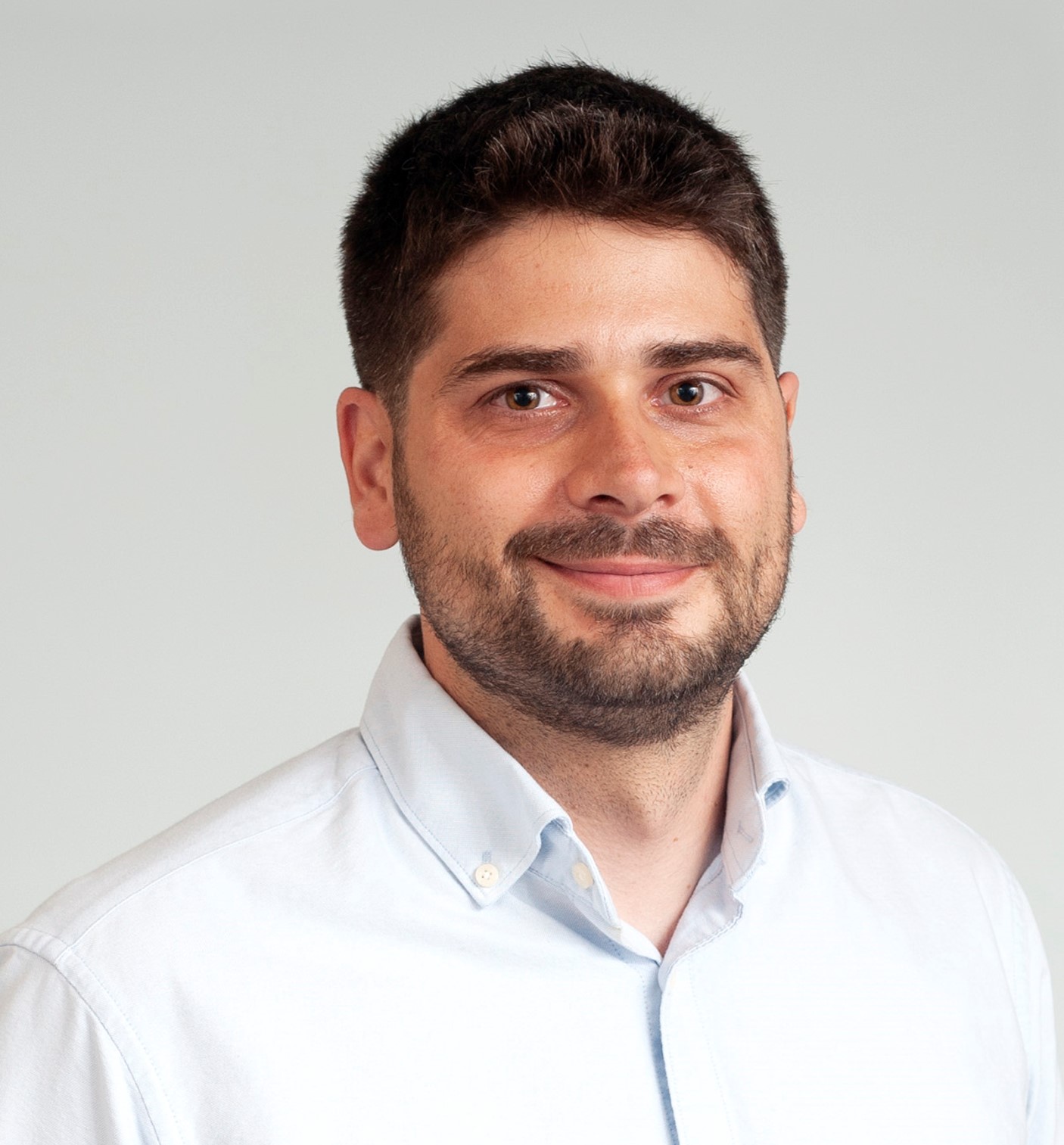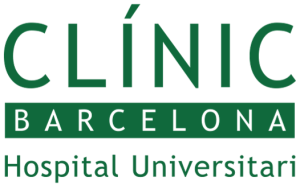Pedro Ventura-Aguiar
Transplant Nephrologist
Pedro Ventura-Aguiar is a transplant nephrologist from Hospital Clinic Barcelona, with dedication to the pancreas transplant program. Hospital Clinic Barcelona was the first to perform a pancreas transplant in Spain (in 1983) and remains the most active pancreas transplant in the country, with an average of 15-20 procedures performed annually.
Academic Education
- Medical Degree. 2007 – University of Minho, Braga, Portugal.
- Master on Advanced Therapies for Medicinal Products. 2016 – University of Granada, Spain.
- Expert in Therapeutic Apheresis. 2018 – Complutense University, Madrid, Spain
- Doctorate in Medicine. 2019 – University of Barcelona
- Fellowship in Transplant Immunology. 2021-ongoing – Harvard Medical School.
Research Areas
Translational
- Transplant immunology: Identify and characterize the influence of T cell-mediated immunoreactivity and regulation on pancreas graft results. These studies focus particularly on the role of allo-reactive T cells during pancreas graft acute rejection episodes and evaluate its correlation with response to acute rejetion treatment and longterm graft survival. In addition, we are also exploring the role of auto-reactive (beta-cell specific) T cells in graft survival after pancreas transplantation. We use various prospectively collected and biobanked samples (plasma, serum, PBMCs, lymph nodes, graft biopsies) and employ different techniques (flow cytometry, ELISPOT, ELISA, Luminex, paraffin embedded mRNA transcriptomics) to characterize T cell phenotype, function, and gene expression profiles. These studies are funded by two governmental Spanish grants (PI16/00167 and PI20/00230).
- Biomarkers of graft dysfunction: Explore the utility of cell-free DNA (cfDNA) and circulating RNA sequencing as a predictors of kidney and pancreas transplantation outcomes; Donor-derived cfDNA (dd-cfDNA) and RNA sequencing are a useful markers with the potential for immediate clinical application through commercially available companies, and could improve diagnostic accuracy or reduce requirement for pancreas graft biopsies. In addition, to explore the utility of cfDNA cell-specific methylation profiles as well as cell-specific miRNAs from recipient plasma for the diagnosis of graft rejection/dysfunction. These studies are partially funded a governmental Spanish grant (PI16/00167)
- Endothelial damage: Evaluate the effect of microparticles (i.e. extracellular vesicles; EVs) on endothelial damage induced by uremia and/or diabetes using an in vitro model of endothelial cell culture. We investigate the relevance of EVs content on inducing endothelial dysfunction, and how it may be reverted following kidney-pancreas transplantation. These studies are partially funded grants from the Portuguese Society of Nephrology and Catalan Society of Transplantation.
Clinical
- Cardiovascular outcomes: Evaluate the impact of pancreas transplantation on patient survival and major cardiovascular events (MACE) free survival. Identify modifiable risk factors and investigate treatments for preventing MACE after transplantation in patients with diabetes.
- Pancreas-kidney acute rejection: Explore relevant histological information leading to the prognosis of the pancreas function or response to immunosuppression treatment. Focusing on the predictive data obtained from biopsies performed per protocol and from donor-recipient HLA matching.
- Donor selection: Focusing on relevant donor criteria influencing short- and long-term graft function. Particular focus on donor insulin use and glycemic control prior to organ procurement.
Total publications (as of June 30th 2022): 50


